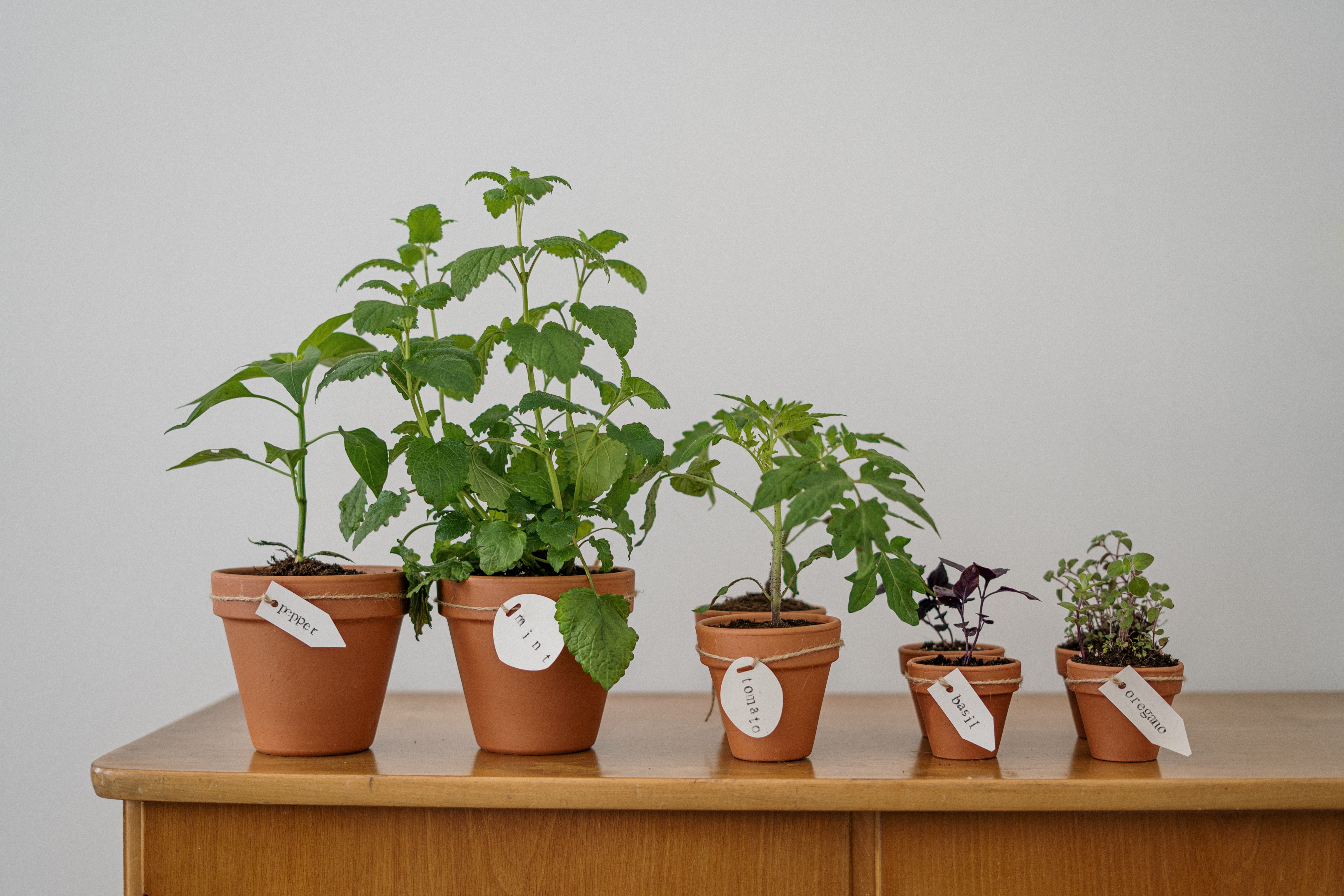The challenge to be an ‘ethical shopper’ can sometimes feel almost impossibly daunting, especially when taking into account misleading marketing, disinformation from corporations, and the astronomical prices of some sustainable brands.
The good news is that there are plenty of easy and affordable ways to reduce our environmental footprint. Some of these you’ve heard: take shorter showers, start composting, reuse, and recycle! All of these are practices you should consider implementing, regardless of whether we’re in a pandemic. But the tips listed below are ones that are always good tips to keep in mind, but practices that I felt would be especially helpful now.
1. Invest in (affordable) reusable cloth masks
Masks may have just topped cell phones on the ‘things you absolutely can’t leave the house without’ list this year. Wearing a mask every time you go out is necessary for our collective health and safety. The problem is that most masks are single-use.
This means that every time you use one (and subsequently throw it out), you’re inadvertently contributing to our already dangerously high level of plastic pollution. Plus, most generic masks are boring!
There are plenty of affordable mask cloth (average about $15) options that are machine safe and washable available online (check out the merchandise at your local schools/universities, LookHuman, and Old Navy).
Unless you’re going to be spending a lot of time amidst an indoor crowd, in a concentrated COVID-19 area (hospital, ER), or are an essential worker, cloth masks will provide more than enough protection.
*The CDC recommends looking for ‘multilayered’ cloth masks specifically*
2. Switch out your plastic wrap for Beeswax wrap
Plastic wrap is often the go-to solution for storing leftovers: cheap, easy, and incredibly harmful to the environment. Not to mention that it can end up depositing unsavory and unhealthy hormones and chemicals in your food!
A more environmentally conscious replacement is beeswax wrap. It’s just as affordable, effective, and much more biodegradable than plastic! Plus you can support some cool brands like Bee’s Wrap, a women-owned, ethical, US-based company (Bee’s Wax, A $3 Starter Pack).
Bonus: most beeswax wraps are easy to store and reuse, decreasing the amount of money you need to spend on storing leftovers!
3. Pass on single-use plastics, opt for buying in bulk whenever possible.
Single-use plastics, admittedly, are incredibly useful for taking snacks, protein drinks, etc. on the go. The good thing about not moving around as much is that buying in bulk now makes financial and environmental sense! You’re not carting around things all day anymore, so why not invest in the products you know and love so they can last you longer?
Not to mention that it cuts down on the number of trips to the grocery store you have to gear up for!
4. Eating more pasta than usual? Use it to nourish your houseplants!
I learned this tip from UNICEF, making pasta can actually have a positive impact on the environment! It turns out that old pasta water (as long as it isn’t heavy on the salt) is an ‘environmentally rich liquid,’ which means that it can help your plants grow faster. It’s the best kind of win-win: you get to make more pasta and help out the environment!


